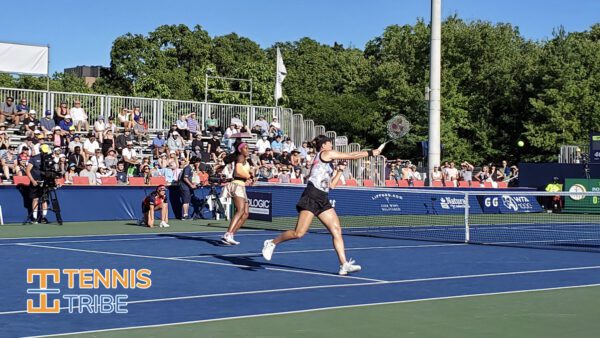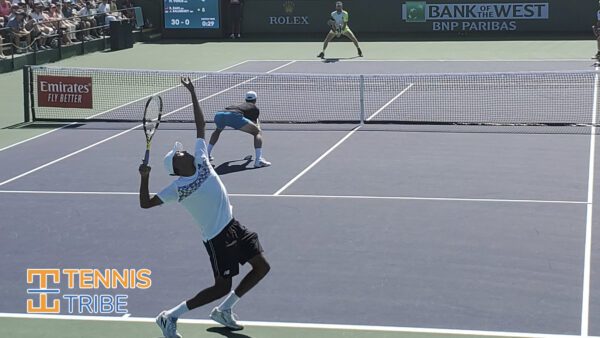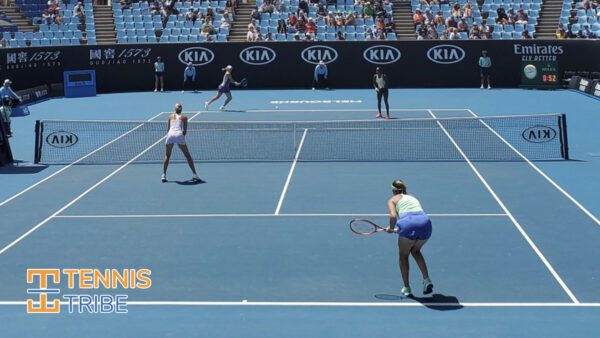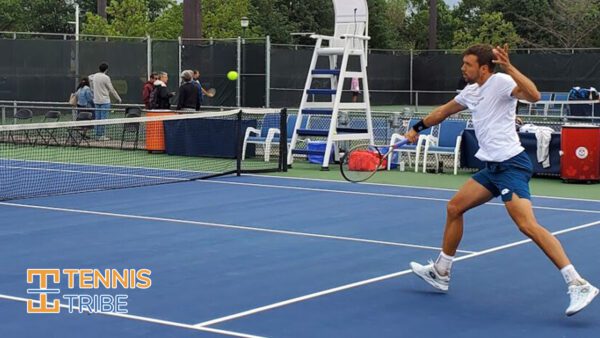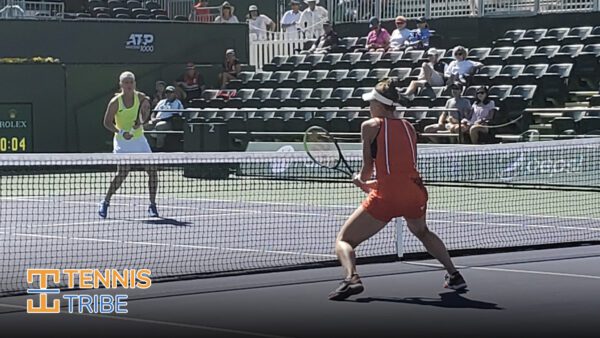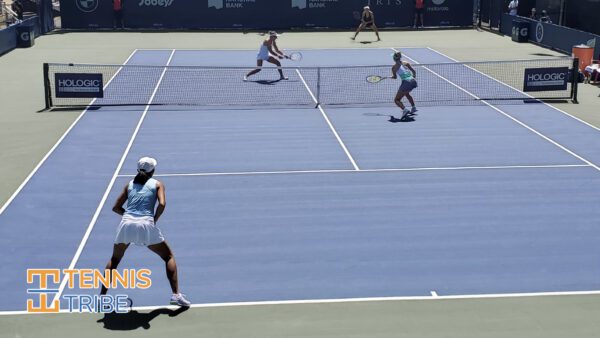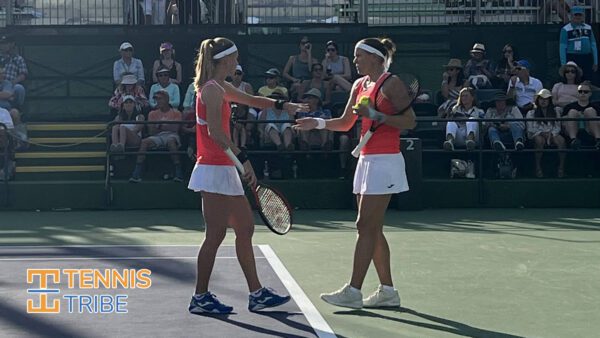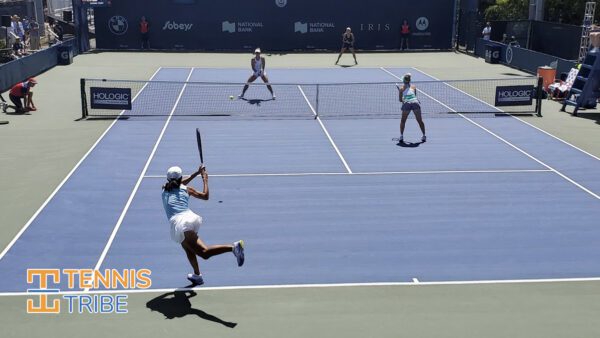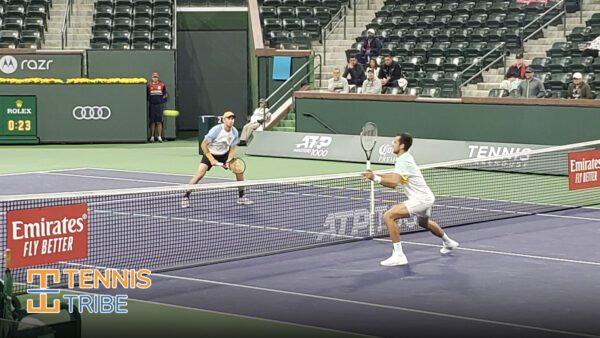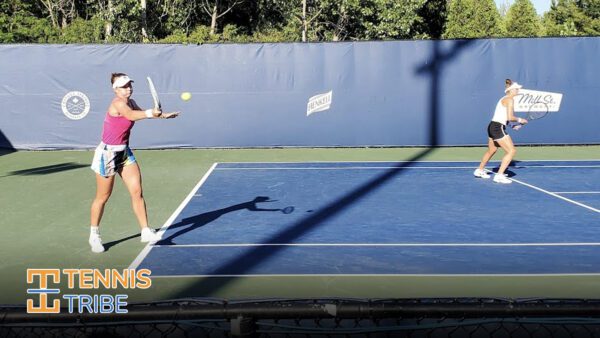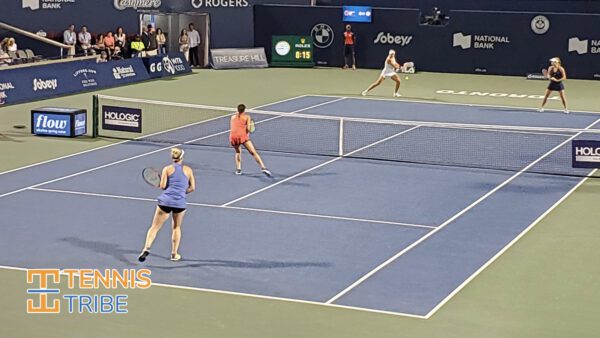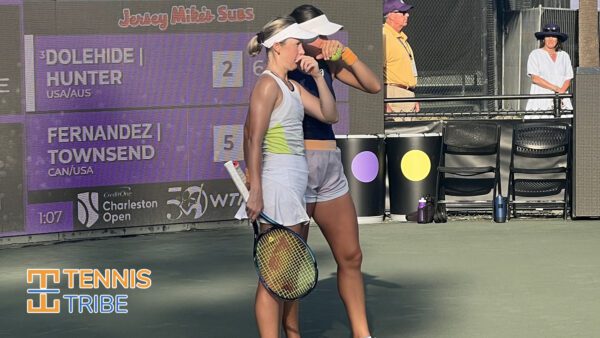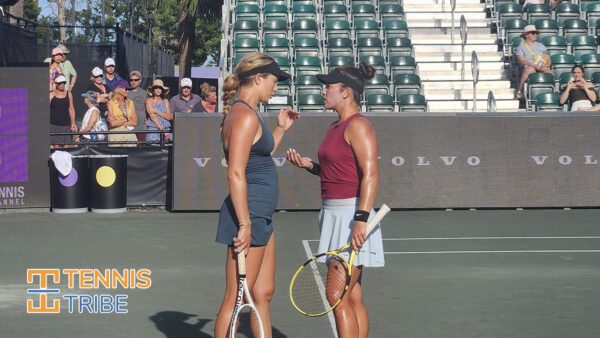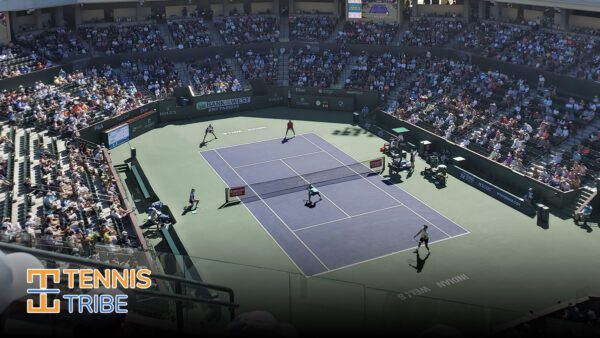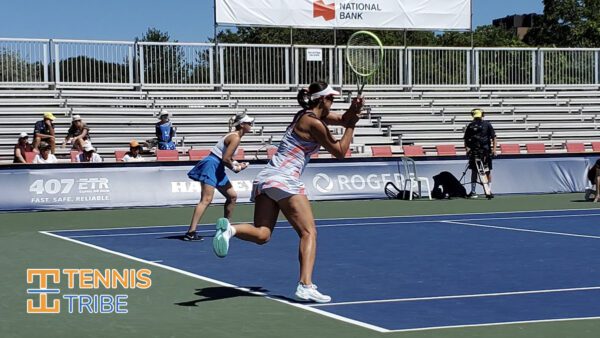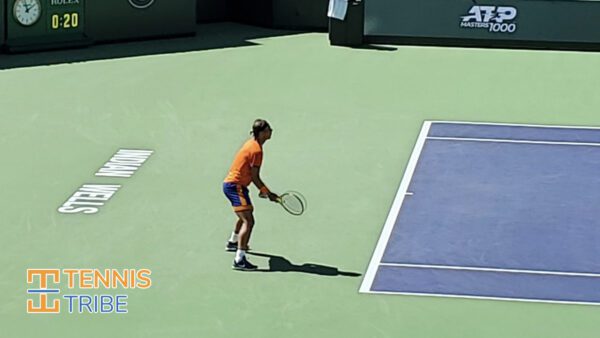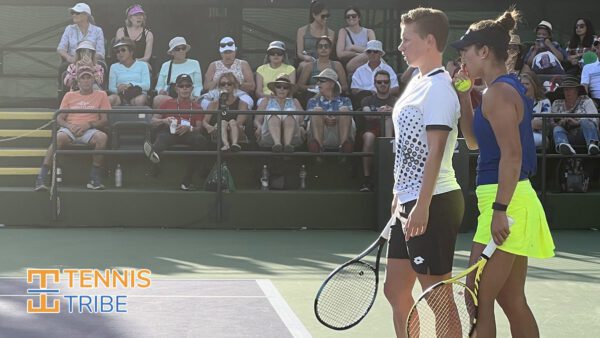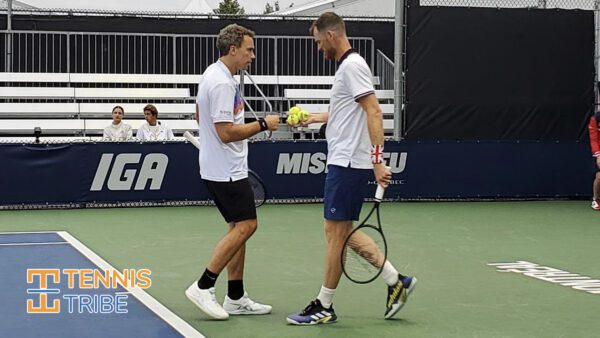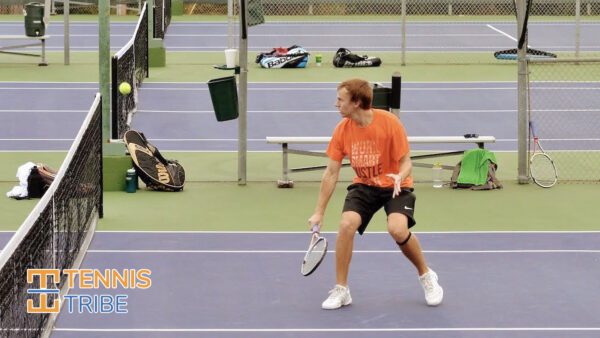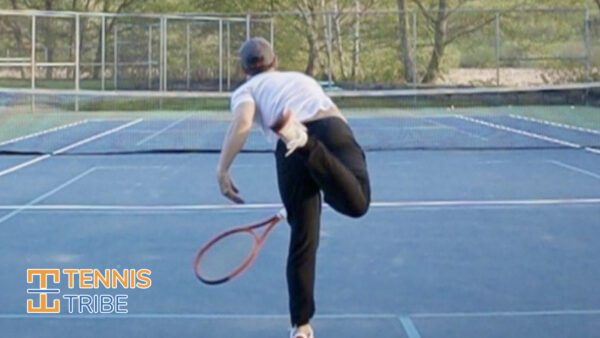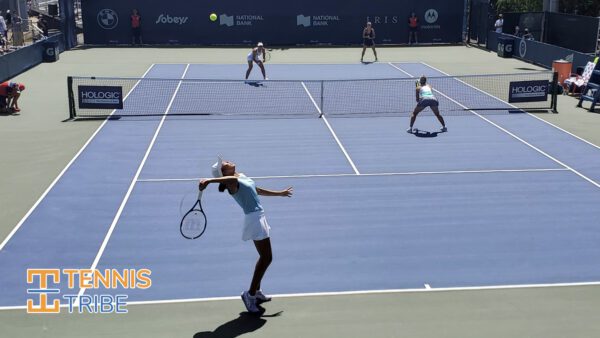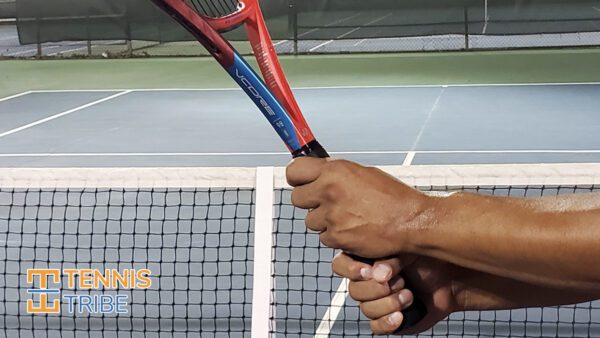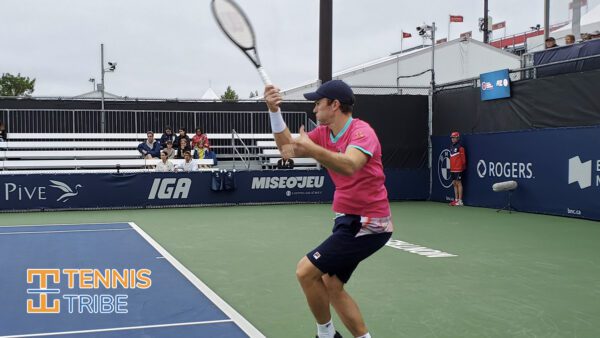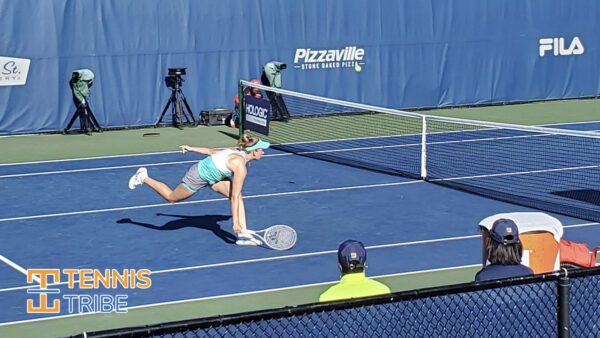Below you’ll find lessons, tips, and strategies to help you improve your doubles tennis game. I have lessons on doubles, the mental side of tennis, and even a few on stroke technique!
Most readers find my lessons more effective because I share simple and easy-to-follow advice that you can use to improve faster than traditional lessons.
I am enjoying your writing, Youtube videos, and Podcast content (when I drive) a lot. Thank you for the great strategies and tactics. Actually, I recommended The Tennis Tribe to many friends.
Hyun
Club tennis player | South KoreaThe Fastest Way to Improve Your Doubles Game
Check out my Doubles Strategy Courses and Ebooks
All lessons below are totally free. For more free lessons, subscribe to our YouTube Channel, follow us on Instagram, or listen to my 5-star doubles podcast.
Not sure where to start?
To get the most out of these lessons, I recommend starting with the 3 principles of good tennis, followed by what poker can teach you about tennis.
After reading those two lessons, you will have a foundation for the tennis strategies I’ve built everywhere else.
If, however, you know you need help in a specific area of tennis, like serve technique, navigate to the technique area above.

Doubles Lessons: Improve Your Strategy
Doubles strategy lessons are where Tennis Tribe got started. Eventually, they became so popular that I started a doubles podcast and YouTube Channel.
I’ve helped 1000’s of tennis players improve their serve, return, net play, and baseline strategy in doubles with the lessons below.
These written lessons, along with our video doubles lessons are here to make you better at tennis without having to put in dozens of hours of court time.
Lessons on the Mental Side of Tennis
I’m not here to give you the standard coaching lessons on how to “stay positive” or “keep your energy up.”
There’s WAY too much of that already…
Instead, I go deeper than that. In the mental lessons below, I dive into the reasons why players get mad, lose their focus, or get nervous on the court. Then, I show you exactly how to make progress towards better mental performance.
Lessons on Tennis Stroke Technique
Technique means having the ability to hit a particular shot. You need a technically correct serve, return, forehand, and backhand to become a better player. Improved technique in tennis allows you to execute your strategy.
The technique lessons below were written by expert coaches and players with years of experience coaching adult tennis players like you.


